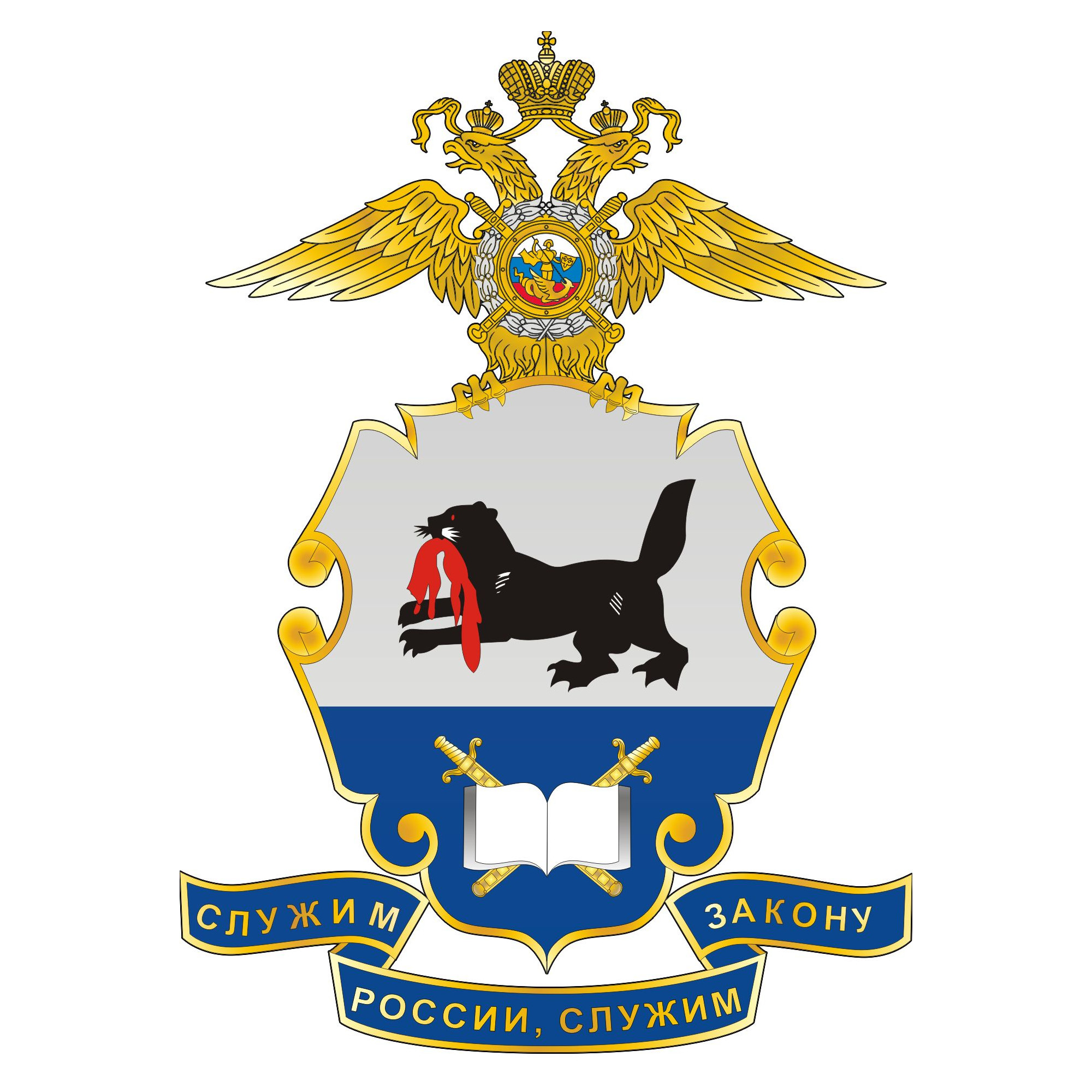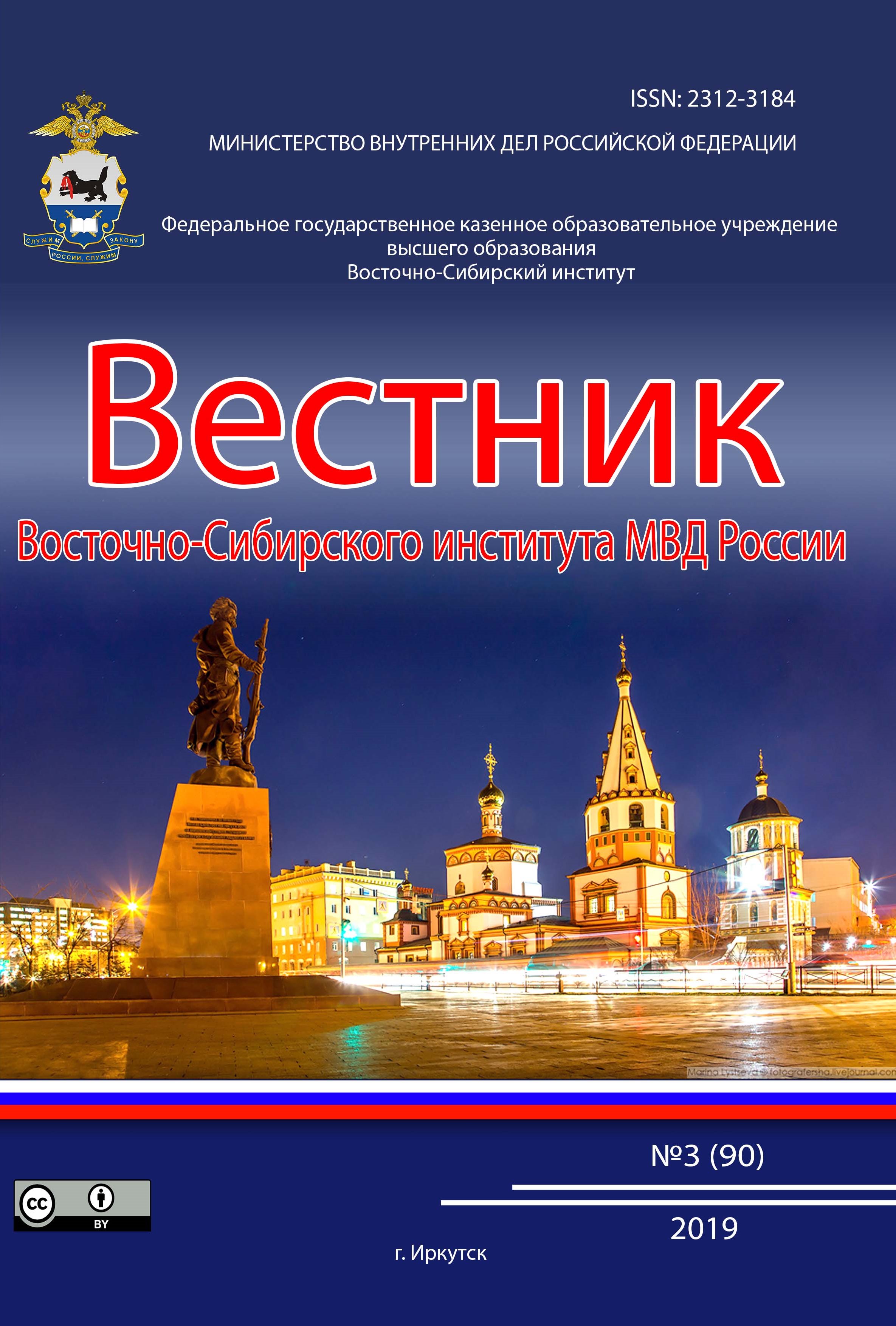Russian Federation
Cybercrime is a special phenomenon of modern society. Identification, documentation and disclosure of crimes committed using digital technologies is the result of complex and integrated work of all government bodies of the Russian Federation, carried out in interaction with organizations with various forms of ownership. The decision taken by the country's leadership to create a specialized unit to combat the illegal use of information and communication technologies is intended to solve many problems associated with the high level of cybercrime in Russia. A wide range of problems is due not only to the complex mechanism for committing cybercrimes, but also to the existing gaps in the legal regulation of legal relations related to ensuring the safety of people’s personal data, as well as the use by criminals of many available means of anonymizing individuals.
operational investigative activities, information technologies, information and telecommunication technologies, identification, documentation and disclosure of cybercrimes.
1. Ozerov, K. I. “Documentation of fraud committed using information and telecommunication technologies": Ph.D. dis. - Moscow University of the Ministry of Internal Affairs of Russia named after V.Ya. Kikotya, 2023.
2. Osipenko, A. L. Cyber threats against minors and features of countering them using information technologies / A. L. Osipenko, V. S. Solovyov // Society and Law. - 2019. - No. 3(69). - pp. 23-31. - EDN LRDFLV.
3. Shevko, N. R. Fraud in cyberspace: real damage in the virtual world / N. R. Shevko // Bulletin of the East Siberian Institute of the Ministry of Internal Affairs of Russia. - 2023. - No. 3(106). - pp. 276-284. - DOIhttps://doi.org/10.55001/2312-3184.2023.76.95.024. - EDN DZITWD.
4. The theory of operational-search activity / O. A. Vagin, K. K. Goryainov, A. V. Zemskova [and others]. - Moscow: Publishing House “Infra-M”, 2018. - 762 p. - EDN ZWLCEF.
5. Deryugin, R. A. On modern methods of committing fraud associated with the use of personal data of Internet users / R. A. Deryugin // Forensic science: yesterday, today, tomorrow. - 2023. - No. 1(25). - P. 65-74. - DOIhttps://doi.org/10.55001/2587-9820.2023.56.41.006. - EDN NYRIWA.
6. Kulikov, A. V. Circumstances to be established and proven during the investigation of crimes related to the illicit trafficking of narcotic drugs, psychotropic substances and their analogues / A. V. Kulikov, O. A. Sheleg // Bulletin of Economic Security. - 2023. - No. 1. - P. 117-120. - DOIhttps://doi.org/10.24412/2414-3995-2023-1-117-120. - EDN NMHAMO.
7. Zheleznyak, I. N. Problems of digitalization of secret cooperation of citizens with bodies carrying out operational investigative activities / I. N. Zheleznyak // Bulletin of the East Siberian Institute of the Ministry of Internal Affairs of Russia. - 2022. - No. 2(101). - pp. 181-192. - DOIhttps://doi.org/10.55001/2312-3184.2022.93.64.016. - EDN IVFFPI.
8. Nomokonov V. A., Tropina T. L. Cybercrime as a new criminal threat // Criminology: yesterday, today, tomorrow. - 2012. - No. 24. - pp. 45-55.
9. Romanov I. V. The concept of cybercrime and its significance for investigation // Siberian criminal procedural and forensic readings. - 2016. - No. 5 (13). - pp. 105-109.
10. Vardanyan, A. V. The problem of systematization of digital methods of operational investigative activities used in the fight against remote theft, and their forensic significance / A. V. Vardanyan // Yurist-Pravoved. - 2022. - No. 2(101). - P. 7-13.
11. Zheleznyak, I. N. Discretion of powers in the operational investigative activities of internal affairs bodies as a marker of the “dilapidation” of the relevant law / I. N. Zheleznyak // Society and Law. - 2021. - No. 4(78). - pp. 67-71.
12. Timofeev, S. V. On the issue of obtaining operationally significant information on the Internet: problems and ways to solve them / S. V. Timofeev // Forensic science: yesterday, today, tomorrow. - 2021. - No. 2(18). - pp. 111-117.











